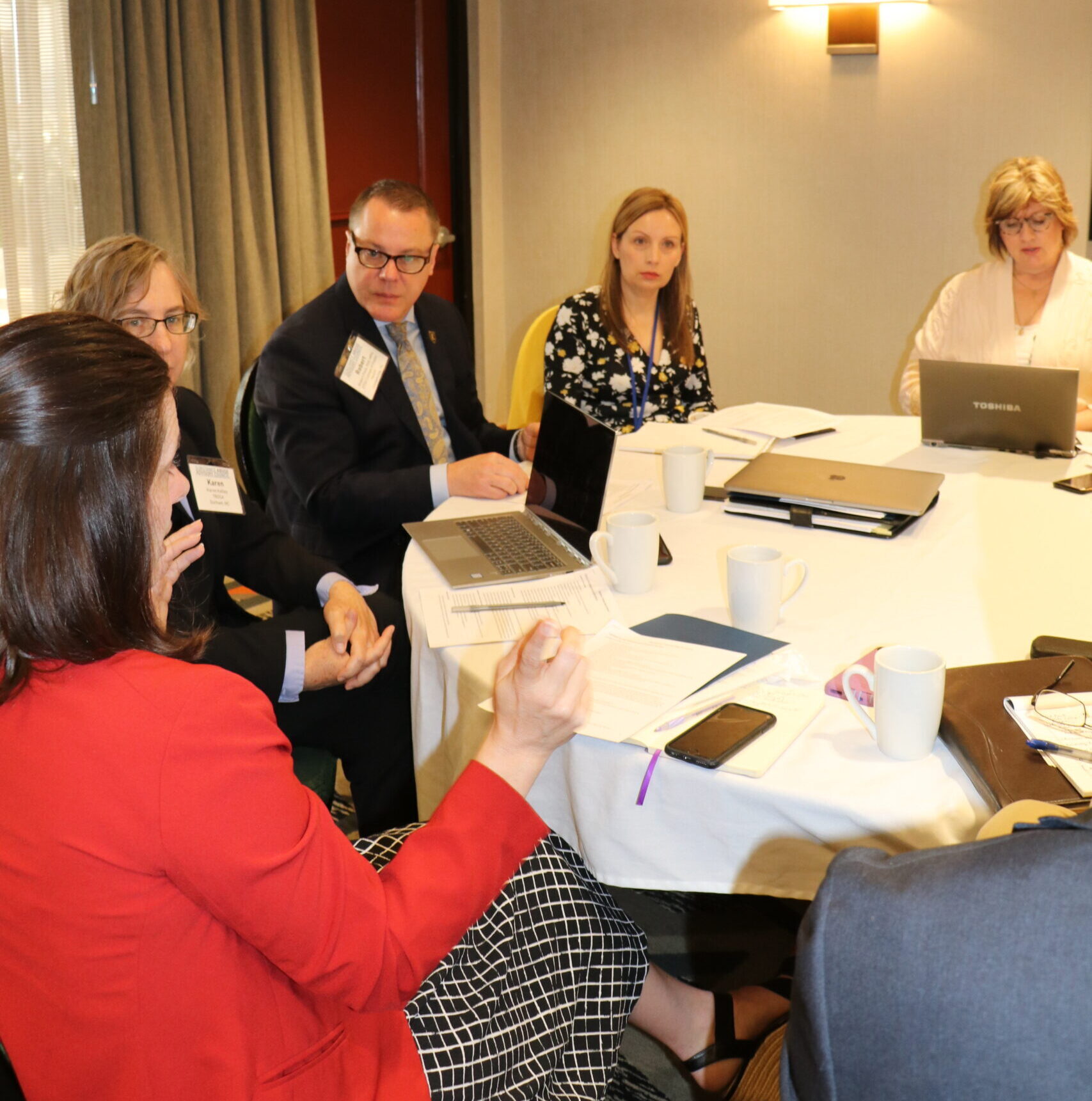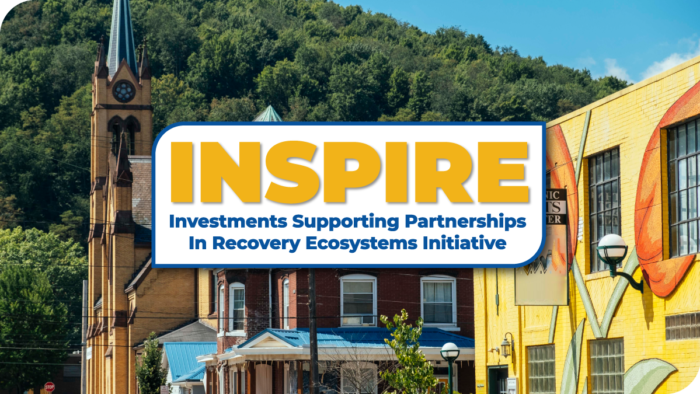
The Investments Supporting Partnerships In Recovery Ecosystems (INSPIRE) Initiative addresses the substance use disorder (SUD) crisis across Appalachia by creating or expanding a recovery ecosystem that will lead to workforce entry or re-entry. Successful projects will support the post-treatment to employment continuum, which could include investments in healthcare networks that support SUD recovery professionals, recovery-focused job training programs, as well as initiatives designed to coordinate, or link, recovery services and training that support the recovery to work ecosystem, among others.
In September 2025, ARC awarded $11 million to 32 projects across the region. These INSPIRE awardees will support the SUD recovery-to-employment continuum in nine Appalachian states by training and certifying recovery specialists, establishing cross-sector partnerships, expanding peer support networks, launching recovery-to-work programs with a full spectrum of coordinated support services and more.
INSPIRE’s Impact in Appalachia
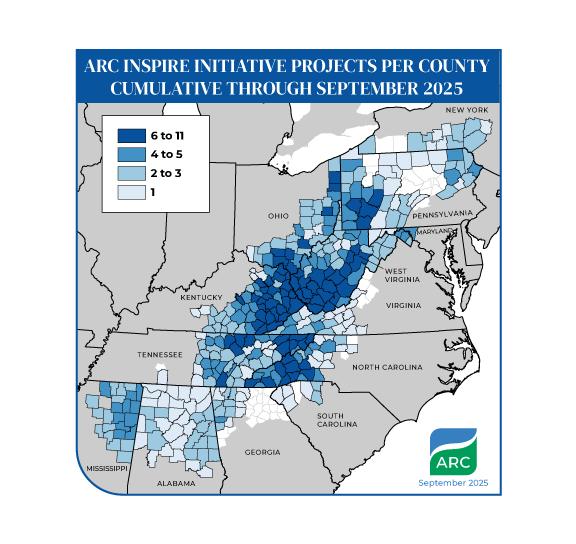
Since April 2021, ARC has invested $65.7 million in 200 projects that address Appalachia’s substance use disorder crisis in 380 counties — which is nearly 90 percent of the region. Together, these projects are projected to improve nearly 4,000 businesses and provide opportunities for more than 18,100 students and workers in creating or expanding recovery ecosystems leading to workforce entry or re-entry throughout the region.

Recovery Ecosystem
The recovery ecosystem is a complex linkage of multiple sectors, including but not limited to recovery communities, peer support, health, human services, faith communities, criminal justice, public safety, housing, transportation, education and employers. The goal of the recovery ecosystem is to help individuals in recovery access the support services and training they need to maintain recovery and successfully obtain sustainable employment.
Investments in Action
INSPIRE Success Stories
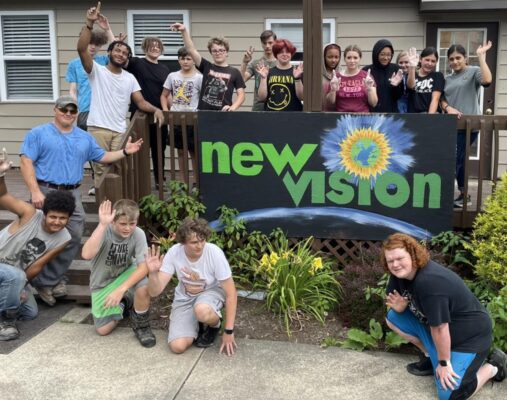
Featured Resources
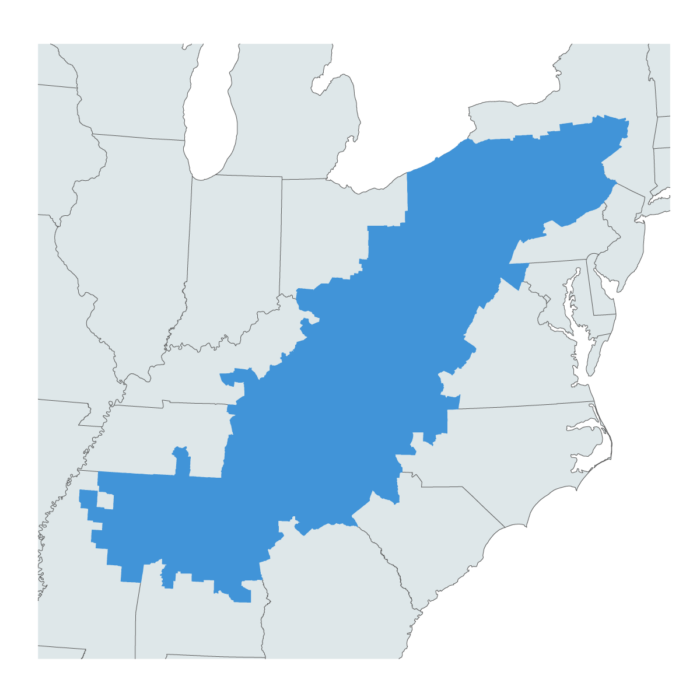
Appalachian Diseases of Despair
This study analyzes the impact of diseases of despair on mortality within the Appalachian Region, focusing on overdose, suicide, and alcoholic liver disease.
According to CDC data in the report, the overdose mortality rate decreased by 10 percent in Appalachia from 2021 to 2023.

